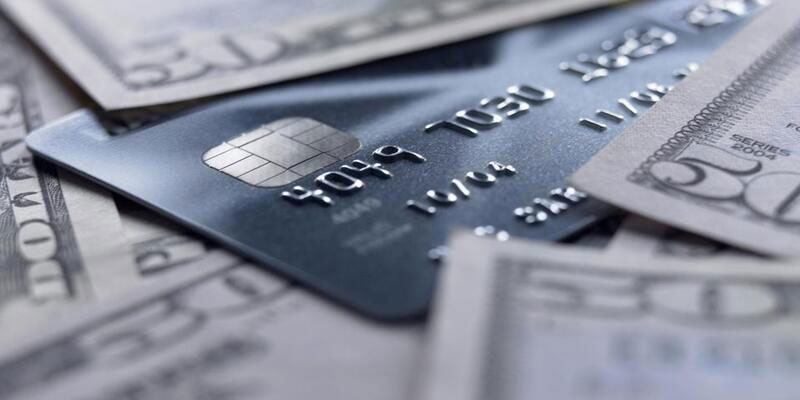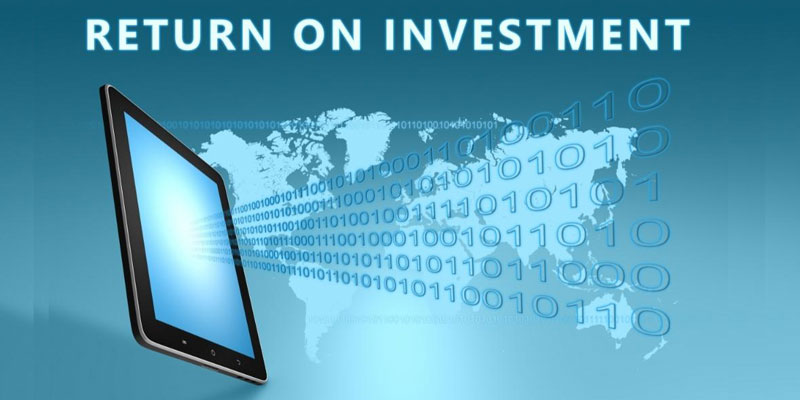Using a credit card can significantly affect how you normally spend money. Credit cards can potentially promote impulsive spending and overspending despite other advantages, such as convenience, rewards, and cash back. Using a credit card allows you to make purchases without physically handing over cash, which can lead to impulsive buys and the false sense that you are saving money. Research shows that consumers are more likely to overspend using a credit card rather than cash. The "credit card impact" is the result of several interrelated causes. To begin with, credit cards have a higher maximum purchase amount than cash. Another perk of credit cards is that it's less of a stretch to rationalize splurging when the funds aren't immediately needed.
Credit Card Effect
The "credit card effect" refers to the behavioral bias that leads consumers to spend more when paying with plastic than cash. Many contributors to this phenomenon have been uncovered after extensive research.
Convenience and Detachment
The credit card impact is largely attributable to the ease and distancing of credit cards. By paying with cash, you have to give the money over, which may make you more conscious of your spending. When paying with a credit card, you may not feel as dispassionate about your purchases until you see your monthly statement.
Higher Spending Limits
As a result, many people choose to use credit cards instead of cash when making transactions of significant value. Using a credit card gives you access to a credit line, which might make it seem like you have more financial flexibility than you do. Overspending is possible if you don't keep track of your funds.
Deferred Payment
The credit card effect is amplified because credit card payments can be delayed. When you pay with cash, you are essentially making an instant payment. Yet, if you use a credit card, you can put off paying until your monthly statement arrives. As a result, you may find it simpler to rationalize spending more money than you have.
Rewards and Incentives

A credit card might earn points, miles, or cash back. If such incentives are available, individuals may be enticed to use their credit cards more frequently and for greater purchases. But, if you cannot pay off your balance in full each month, this can lead to wasteful spending.
How to Prevent Credit Card Overspending
Credit cards can be a convenient way to pay for things, but they must be used wisely to avoid mounting debt. Some suggestions for controlling credit card spending:
Create A Budget
The first order of business is to compile a detailed monthly budget that accounts for everything from housing, food, and transportation to entertainment and utilities. Set a limit on how much money you can spend on things like going out to eat and seeing a movie.
Track Your Spending
Keep track of your spending with budgeting software or a spreadsheet. If you keep track of your spending like this, you can easily see where your money is going and where extra money is being spent.
Use Credit Cards Responsibly
If you don't plan to pay off your monthly credit card balance in full, you shouldn't use your credit card at all. Don't use your credit card for anything that isn't necessary.
Set A Spending Limit
Limit the amount you can spend on your credit card each month. Be sure not to go over this amount.
Pay Your Balance In Full Each Month
Save interest by paying off your credit card debt in full every month. If you cannot make a full payment on your monthly balance, at least pay more than the minimum required payment to keep your interest costs down.
Avoid Cash Advances
Avoid taking out cash advances on your credit card unless required because of the hefty fees and interest rates often associated with them.
Avoid Opening Too Many Credit Cards

Having many credit options can make it harder to keep tabs on your spending and lead to overspending.
By following these guidelines, you may avoid making unnecessary purchases and use your credit card wisely.
Conclusion
Some people are prone to overspending when using credit cards instead of cash. Increased spending limitations, the postponed nature of payments, the drive to earn rewards, and the lack of emotional investment in spending can all lead to overspending. It's worth noting that not everyone has this trait; some people can use credit cards responsibly without falling into the trap of spending more than they have. It is important to set a spending limit and keep to it, regardless of the mode of payment chosen, to avoid going overboard. Maintaining a regular check on your credit card balance and spending habits is crucial for avoiding debt. Those who want a more accurate picture of their spending habits may find that paying cash for groceries or going out to the movies is the best option.




